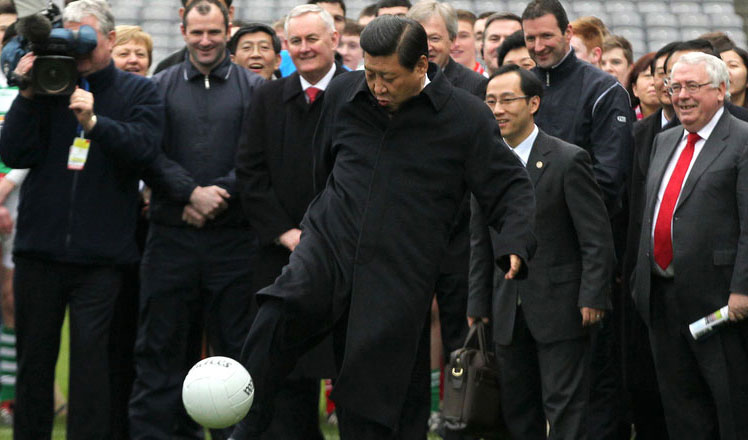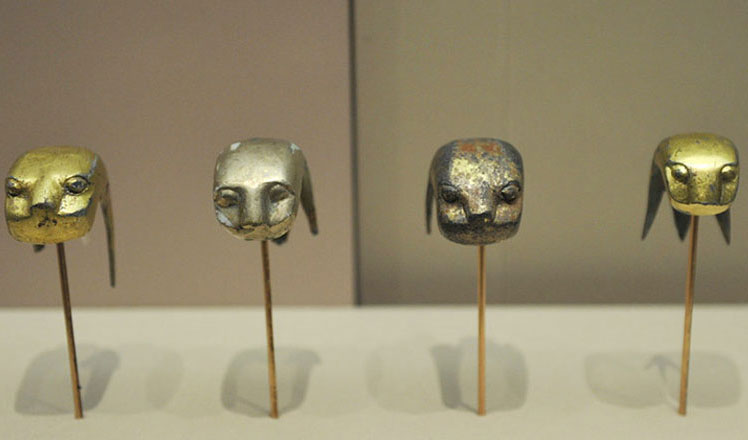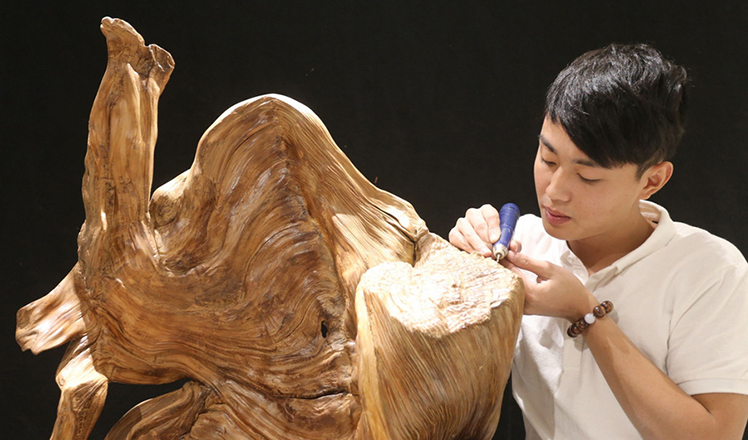Master-apprentice relationship helps Tibetan medicines stay unique
Updated: 2016-10-12 15:15
(Xinhua)
|
||||||||
LHASA -- It is a well known fact that mercury is poisonous, but Tibetan doctors have invented a way to process the liquid to use it as a medical treatment.
The technique, indicative of the quintessential skill of the thousand-year old Tibetan pharmacy, remains under wraps to the common man, as it is only passed down by masters to their chosen apprentices.
Even today there are only a few people who have the skills to produce rare drugs for the treatment of cerebral hemorrhage, leprosy, gout and other diseases.
Dampa Wangchug, president with Xungba Zachu pharmaceutical factory of Tibetan medicine in the regional capital Lhasa , said that the process is safe and no one has ever been poisoned.
With the processing done in a dark room for days, the pharmacists must stop every one hour to drink Chang or highland barley wine to sterilize their bodies. The masks and clothes they wear have been fully soaked in Chang to protect them as they undertake their work, while during the period they only eat raw mutton and beef and garlic, according to Dampa Wangchug.
"When quicksilver turns into black granules and floats on water, it is completely harmless and suitable for human consumption," he said.
The master-apprentice approach is very important to Tibet's modern medical education, as many processes can not be learned from books or lectures, said Yeshe Yangzong, vice president of a Tibetan Hospital in Lhasa.
Since 2012, the didactic approach has been included in postdoctoral education, according to Tsetop, deputy chief of the hospital's medical affairs department.
He said that 20 apprentices are undertaking apprenticeships at the hospital, and, since 1990, 48 have completed their studies. They are all engaged in teaching as well as practising medicine in smaller hospitals elsewhere.
The hospital also started a project called the Oral history of Famous Tibetan Medical Masters last year to collect the experiences of more than 170 senior Tibetan doctors.
Later, their lectures will be used in education or on-the-job training, said Yeshe Yangzong.
- Hollande, Merkel, Putin discuss how to implement Minsk peace deal
- Pentagon vows to respond to attempted missile attacks at US destroyer near Yemen
- NASA to invite private companies to install modules on space station
- Trump accused of inappropriate touching by two women
- White House denounces terror attacks in Afghanistan
- Republican voters frown on party establishment's criticism of Donald Trump

 Take a glimpse into soccer-related gifts of Xi
Take a glimpse into soccer-related gifts of Xi
 Precious relics of debauched king on display in Jiangxi
Precious relics of debauched king on display in Jiangxi
 In pics: Britain's Kate visits the Netherlands
In pics: Britain's Kate visits the Netherlands
 Qizai, rare brown giant panda in China
Qizai, rare brown giant panda in China
 Everything you always want to know about Macao
Everything you always want to know about Macao
 World's top 10 most valuable unicorn companies
World's top 10 most valuable unicorn companies
 Carver finds fame, money in wood sculptures
Carver finds fame, money in wood sculptures
 Missile destroyer to become local military-themed park
Missile destroyer to become local military-themed park
Most Viewed
Editor's Picks

|

|

|

|

|

|
Today's Top News
Trump outlines anti-terror plan, proposing extreme vetting for immigrants
Phelps puts spotlight on cupping
US launches airstrikes against IS targets in Libya's Sirte
Ministry slams US-Korean THAAD deployment
Two police officers shot at protest in Dallas
Abe's blame game reveals his policies failing to get results
Ending wildlife trafficking must be policy priority in Asia
Effects of supply-side reform take time to be seen
US Weekly

|

|









